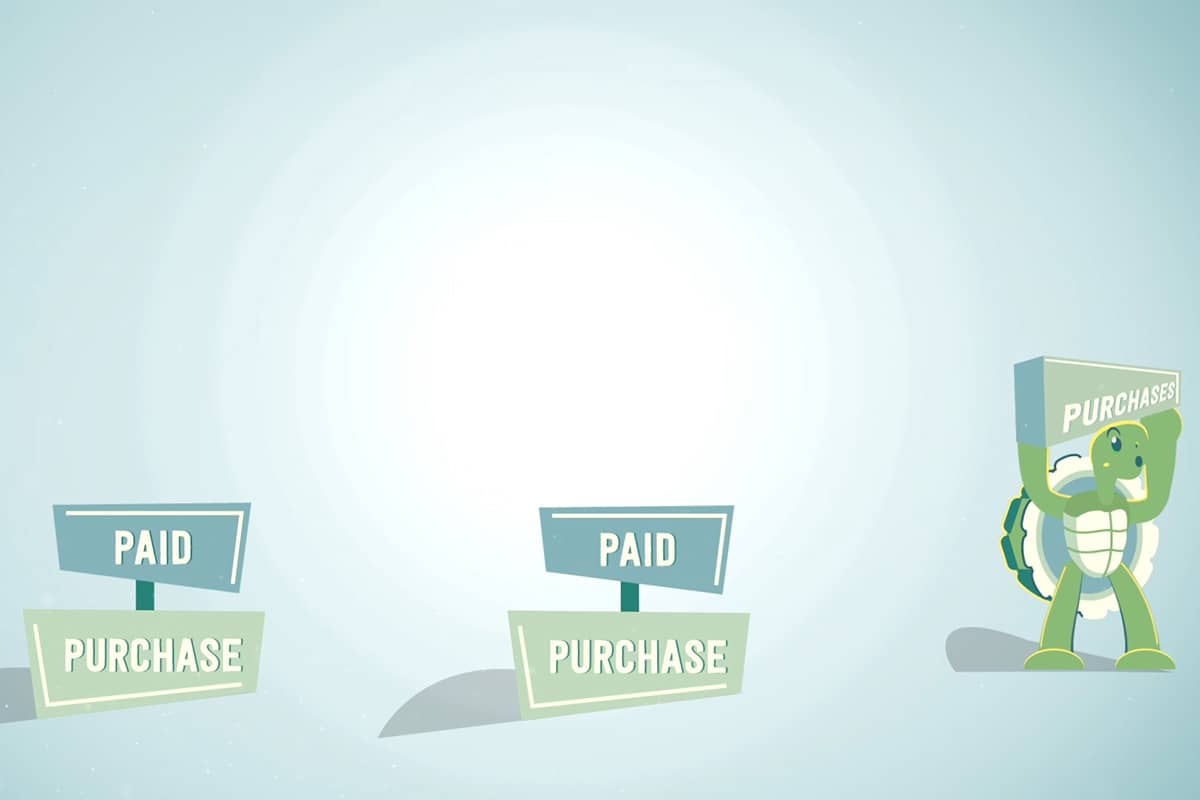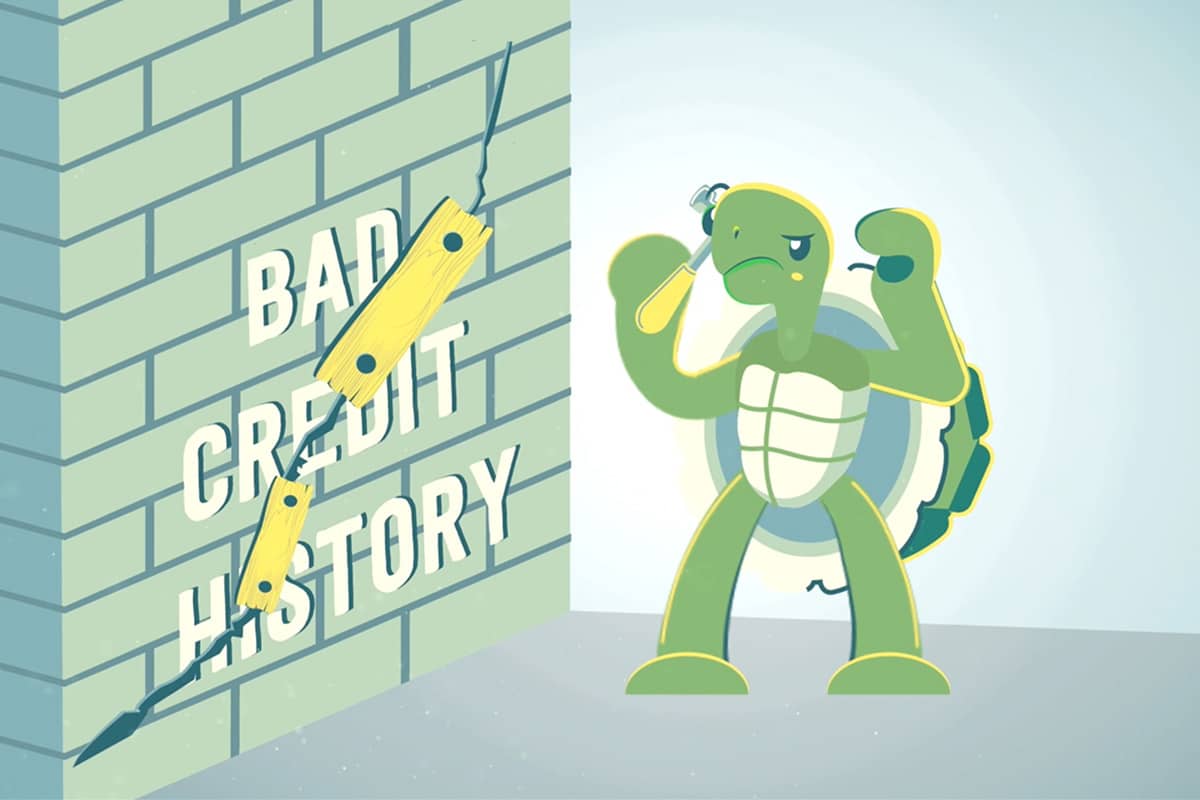Building A Successful Budget in 8 simple steps

By Turtle Credit Team
Disclaimer / Advertiser Disclosure
- The information provided on this website does not, and is not intended to, act as legal, financial or credit advice; instead, it is for general informational purposes only. Information on this website may not be current. This website may contain links to other third-party websites. Such links are only for the convenience of the reader, user or browser; we do not recommend or endorse the contents of any third-party sites. Readers of this website should contact their attorney, accountant or credit counselor to obtain advice with respect to their particular situation. No reader, user, or browser of this site should act or not act on the basis of information on this site. Always seek personal legal, financial or credit advice for your relevant jurisdiction. Only your individual attorney or advisor can provide assurances that the information contained herein – and your interpretation of it – is applicable or appropriate to your particular situation. Use of, and access to, this website or any of the links or resources contained within the site do not create an attorney-client or fiduciary relationship between the reader, user, or browser and website owner, authors, contributors, contributing firms, or their respective employers.
- TurtleCredit.com receives compensation for the financial products and services advertised on this site if our users apply for and sign up for any of them.
Managing your money is essential if you don’t want to end up overspending every month. Most of the time, not having an adequate budget derails your spending habits and puts you in a difficult financial position in the end. Imagine not having to worry about your finances and having an organized spending habit. Wouldn’t that put your mind to ease? Well, now you can build a successful budget by following a set of 8 steps.
Why should you create a budget?
Before we get into the details of how to go about building a successful budget, you should know why creating one is essential. Not only will you be able to carefully track your income and expense, but you will also be able to save.
Savings are essential because they act as a “rainy day” fund for any out of the blue expenses. With a budget in place, you won’t have to worry about such days as you will always be covered. Decrease your borrowings and be more self-reliant with your finances through budgeting.
How to go about building a successful budget
Now comes the important part; how to go about building the budget that will help you. You don’t want to be in a position where you have to ask family for help or take out a loan to cover your expenses. Budget building is simple and will create an instant change in your financial situation if you follow it thoroughly.
1. Get all your financial papers ready
The first thing you will need to do is make sure that you have all your financial papers in your hands. Bring out all your bank statements, investment accounts, credit card bills, receipts, loan statements, and every other possible finance-related document that you might have on you. This will make the next part more manageable for you, and you will be able to get things done quickly rather than running around finding your financial documents.
Being prepared with all the documents in hand will help you prepare your budget better. You will have access to the real values, instead of assumed ones, so you will be able to create a relevant budget.
2. Identify your sources of income
Now that you have all your papers ready, it is time to identify the different income sources you have. You don’t want to overlook any of the sources of your income. Not only will this help make sure that you’re aware of all the different ways you’re earning, but you will also be able to calculate how much on average do you earn in a month or year.
Doing these calculations will ensure that you’re aware of the maximum money that you will be receiving. Moving forward, you will be able to spend it more wisely.
3. Measure all of your expenses
Done tracking down all your income? Now it’s time for your expenses. Most of us go crazy when it comes to spending. Many things attract us, and we all go into a shopping frenzy and later regret all the choices we make. Pull out all your receipts or check your bank statements—any kind of expense you have been incurring over the years and get the total value of these expenses.
Once you have a total of your monthly expenses, you can average it out and see how much you spend regularly. You’re sure to be shocked at this point at how many pointless things you spend your money on.
4. Identify which expenses are fixed and variable
Made a total of all your expenses? Break it down into fixed and variable expenses. This means you need to figure out your rent, groceries, car, and other similar payments. You get the idea. Make sure you can determine which ones are fixed and which ones aren’t. Fixed expenses don’t change monthly, i.e., rent, car payment, and loan payment.
On the other hand, your variable expenses will be things like groceries, entertainment, eating out, and other bills that typically vary as your consumption increases. Separating the two will help you create your budget and plan it according to your spending habits.
5. Create specific goals
It is time to figure out what you want to do. Do you wish to increase your savings, want to live a minimalistic lifestyle, or just simple decrease your expenses? There are no limitations to what you want to set as your objectives as long as they fall in line with your budgeting process.
Creating goals will help make sure that you stay determined to them. Otherwise, there’s a huge probability that you might not follow through and return to your old patterns. Put up all of your financial goals and how you wish to achieve them.
6. Plan out what you need to do to meet your goals
Creating goals isn’t enough; you need to have an actual plan that you can apply to make your financial goals a reality. Take the documents and the different lists you have prepared and start analyzing them. You will understand where you need to make changes and to what extent you need to cut down.
Devise a plan by keeping your income and expenses in front of you. This is where that break up of fixed and variable expenses will help you immensely. You’ll know which expenses are necessary and completely unavoidable and the ones that you can easily cut down on to improve your financial situation.
You need to keep in mind that cutting down entertainment expenses completely is not that ideal, as it’s not entirely possible. You need to plan everything out in moderation. Don’t cut out entire expenses that you know you will make. Changing things too much in one go is a difficult feat to accomplish. Start by cutting down on expenses rather than getting rid of them entirely from your plans.
7. Adjust your spending habit
If you analyze that you’re spending way too much and accumulating debt as you go, then it’s best to look for a way to keep your expenses on the low. You can do this by carefully taking a look at your expenses and figuring out which expenses you can cut down to save costs.
Do you need that monthly subscription for music when you barely get time to listen to it? Think about the things that you don’t entirely need and also don’t add to your day in any possible way.
8. Keep checking your budget and actual expense
Make sure that you keep a check on all your expenses as you go. While building a budget is great, you must also ensure that you’re staying in line with it. You will need to keep getting back to your original plan and checking whether you’re following it or not. Otherwise, there’s a possibility of you completely ignore your budget and revert back to your old patterns.
Look back on your goals and whether you’re following what you planned on or not. Fix a weekly schedule initially, and once you get the hang of it, you can reduce the number of times you need to verify whether you’re on track or not.
All of this can be made easy with technology, as there are many different applications such as TrueBill available for you to build your budgets. Opting for the right tools to help you in the process can make a difference, so don’t be shy of availing them. As you implement your budget using these techniques, you will indeed find yourself in a better financial position.
Spread the word
Articles: Personal Finance 101
We’ve been discussing credit and how it works but how do you start getting credit if you have no credit history? Better yet, how do you repair a bad credit history?
One would assume that banks are the only financial service providers, but no, there are credit unions as well that function very much like banks do, but they have their differences.
Covid-19 pandemic has severely impacted public and personal finances, and over the last six months or so, many people have seen a deterioration in their credit scores.



